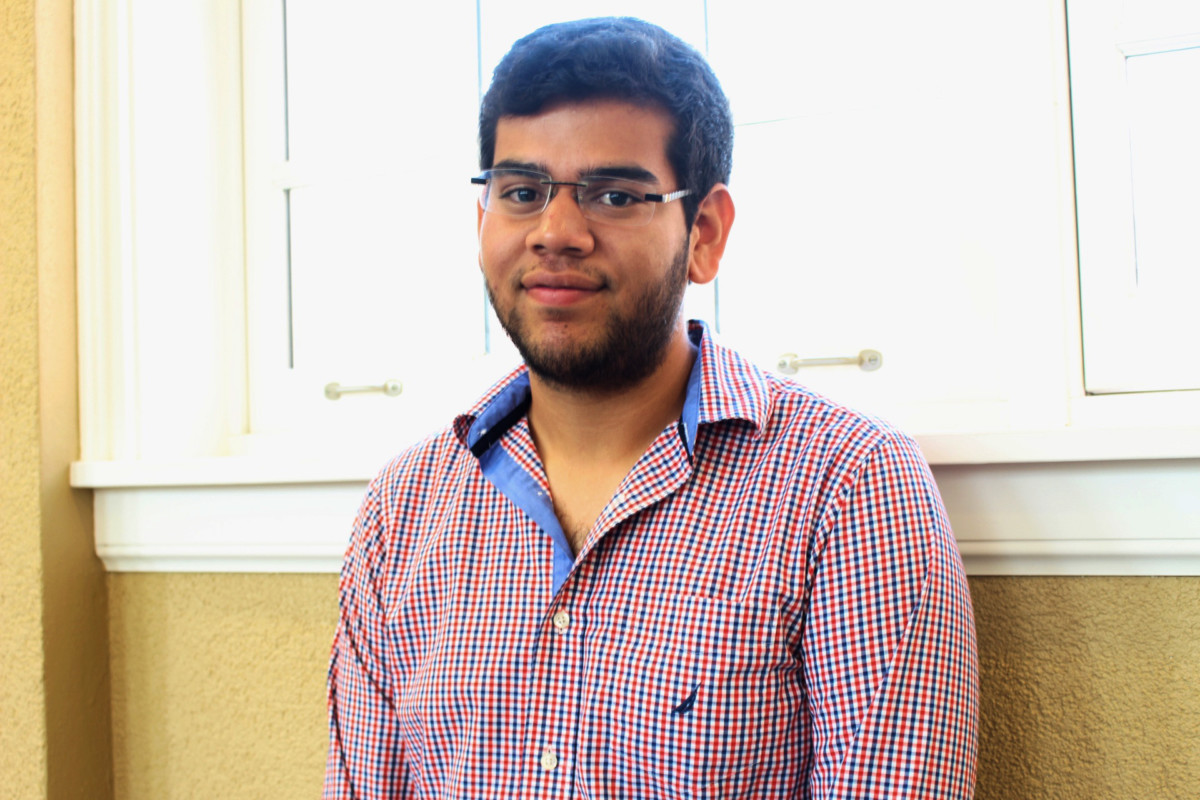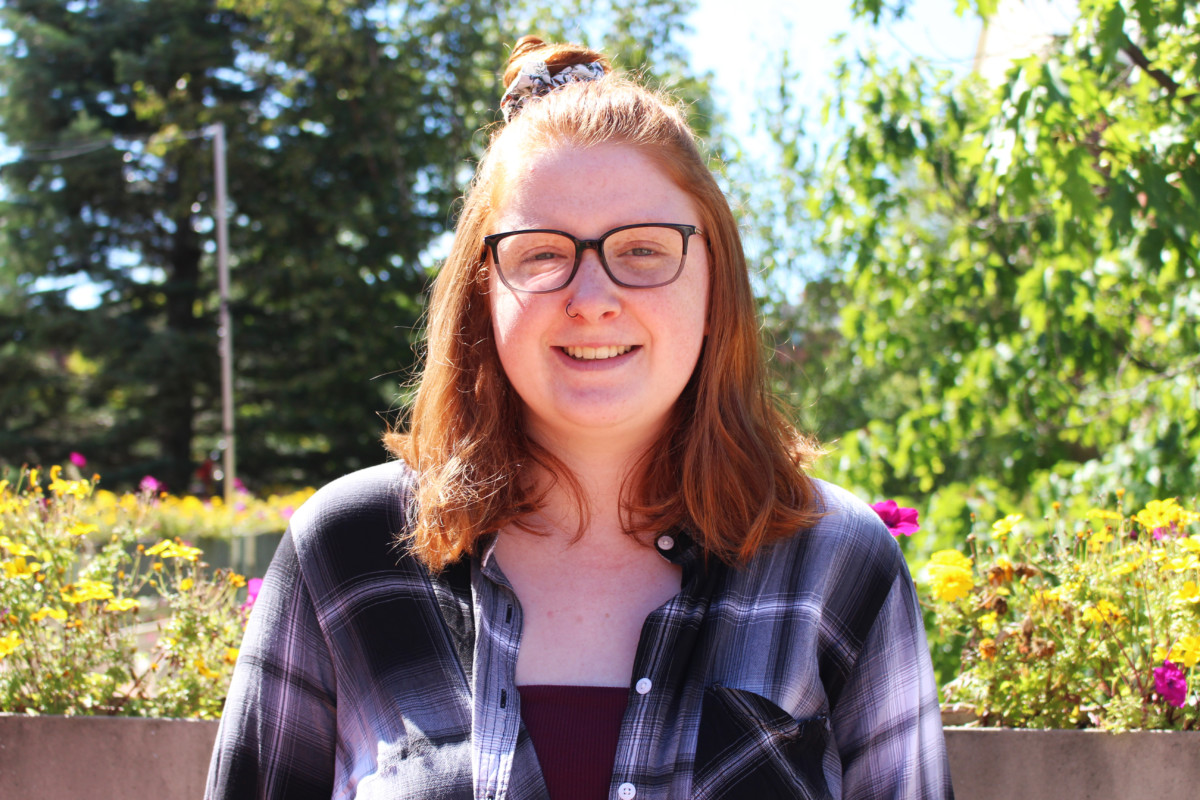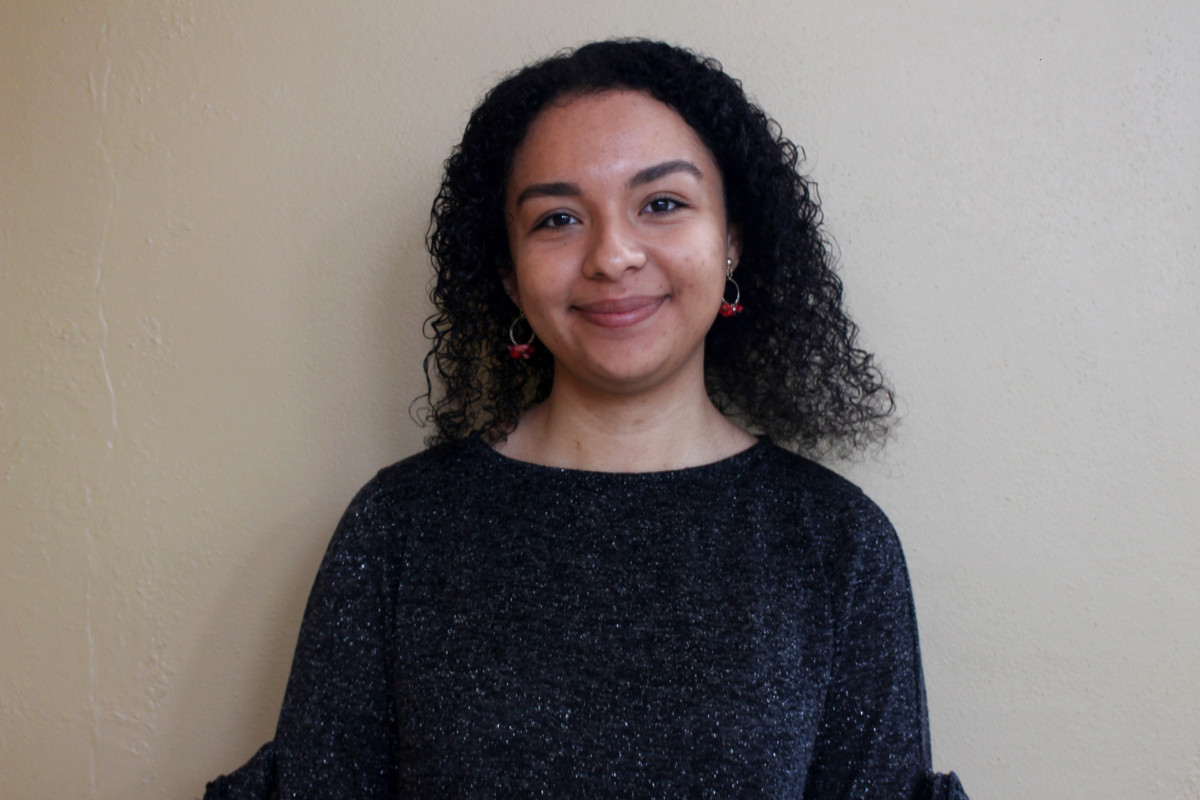Clarification: The Aquinian would like to clarify, on Feb. 4, 2022, a statement in this article published on Sept. 10, 2019. It stated “Rodríguez said promoting this type of message would create and vocalize anti-immigrant attitudes, and wondered if ‘make Canada great again’ would come next.” It is clearer to say “Rodríguez said, on behalf of concerns she heard from STUISA members, that promoting this type of message would create and vocalize anti-immigrant attitudes, and worried if ‘make Canada great again’ would come next.” Rodriguez was under the impression at the time of the interview that she was speaking on behalf of the St. Thomas University International Student Association’s concerns and not her own which is why this clarification was issued.
When Natalia Rodríguez left her home in Costa Rica to attend school, the community welcomed her with open arms. But the anti-immigration billboards the People’s Party of Canada put up made her fear Canadian values were changing.
“I do understand that there are parties who are pro-immigration and against immigration, but it was hard that it was in such a public way,” Rodríguez, the vice-president of the St. Thomas University International Student Association, said.
“A billboard is something everybody sees, even children.”
In August, the People’s Party of Canada told Canadians to “Say NO To Mass Immigration” by setting up billboards across the country. The ads were removed days later after online backlash.
Without an argument to back up its anti-immigrant views, Rodríguez feared the billboard would cause Canada to “go back a few decades” and lose its welcoming atmosphere. Rodríguez said, on behalf of concerns she heard from STUISA members, that promoting this type of message would create and vocalize anti-immigrant attitudes, and worried if “make Canada great again” would come next.
“It really doesn’t say ‘say no to mass immigration,’ it really just says, ‘say no to immigration,’” Rodríguez said.
“Every immigrant that is in Canada sees it as an attack on them.”
Rodríguez knows it’s not easy to move to a different country. She hasn’t seen her family from Costa Rica in person since she moved to Canada a year and a half ago, but she hopes to build a better life here and become a permanent resident.
“We do not want to leave our countries, our people and our family because that’s literally our heart,” Rodríguez said.
“But if you think about it, the salaries are better, work opportunities are better [and] the standard of living is very often much better.”
Manuel Garcia, a fourth-year economics and human rights major from Nicaragua, chose to study in Canada instead of the United States because of its welcoming reputation. He said the billboards don’t allow Canadians to see the whole picture.

“It’s not like they’re leaving because they want to benefit from, for example, Canada’s social welfare system,” Garcia said.
“There is no hope in their country. It’s generally people running away for their lives.”
Garcia said he’s proud of the Canadians who protested the anti-immigration ad. He said sometimes international students feel like it’s hard to raise their voice because they’re being hosted by Canada.
“Sometimes we need help from actual Canadian citizens to stand up. Not just for us, but for their country,” Garcia said.
Chloé Thériault, a third-year criminology major, is one of those Canadians.
“I think it’s good to have different ethnicities and races,” Thériault said.
“It brings different cultures together.”
Back in her hometown of Claire, Thériault said some Nova Scotians are anti-immigrant because they believe “the people coming in are taking jobs from Canadians,” even when those Nova Scotians aren’t looking for work.


For Thériault, the sign enforced negative stereotypes surrounding immigrants. Still, she said this stereotype shouldn’t be the reason why Canadians are afraid to talk to someone. Canadians should be encouraged to ask questions and learn about different cultures.
“It shouldn’t be a problem to have more people coming to Canada,” Thériault said.
“[Canada] shouldn’t just be a white country.”

